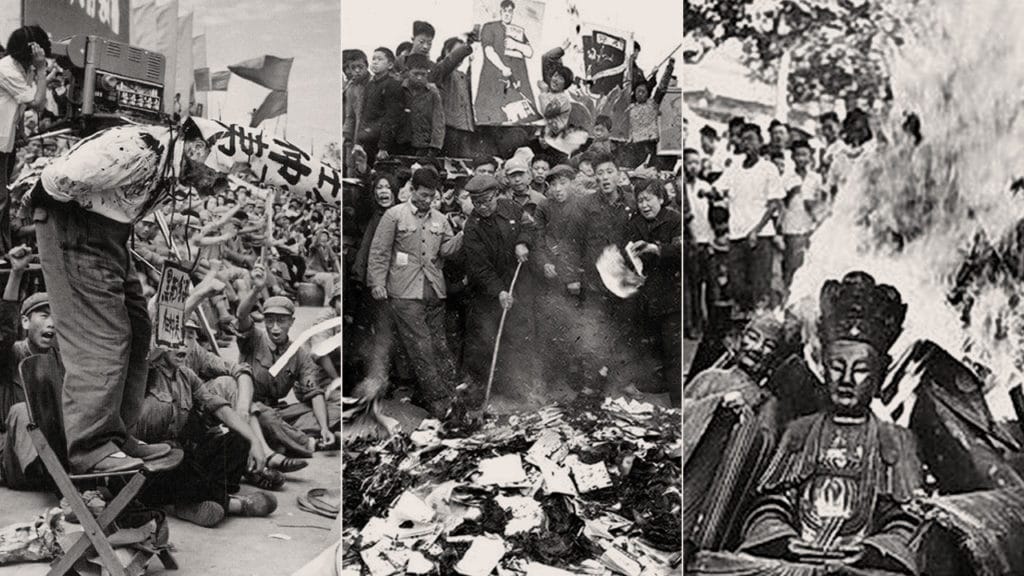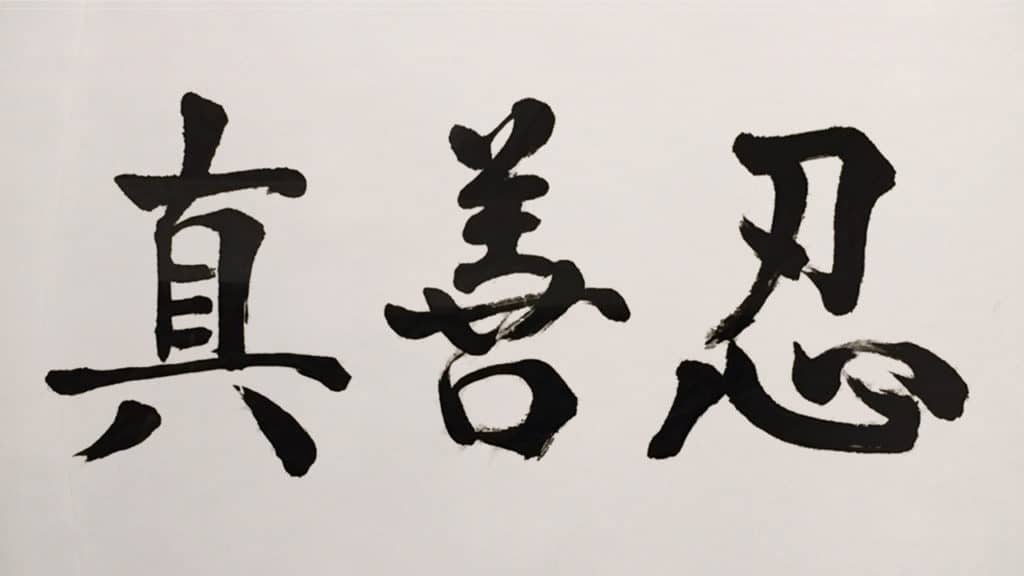
Ancient Roots, Almost Lost
Genuine, traditional Chinese culture is profound… and ancient. It is a culture that reveres the divine, and living according to "the Way" -- in harmony with heaven and Earth.
Traditional Chinese culture includes several spiritual disciplines and philosophies.
Taoism expounds upon truth and honesty.
Buddhism manifests compassion.
Confucianism instructs how to navigate relationships according to “the Way,” espousing principles such as righteousness, piety, and tolerance.
These profound teachings have formed the bedrock of Chinese civilization for millennia — a civilization that, for most of its history, has led the world culturally, economically, and militarily.
Beginning in the 1800s, China suffered a series of military defeats and natural disasters. Along the way, connection with much of its cultural essence was lost.
Destruction of Traditional Chinese Culture
Beginning in 1949, a communist regime seized power in China, sending an already-suffering people into further downward spiral. Over the next several decades, the CPP repeatedly launched violent political campaigns that left tens of millions of people dead. Many Chinese people grew ever more destitute, afraid, and disconnected from the greatness of their authentic heritage.

Falun Gong and Cultural Renewal
When Mr. Li Hongzhi introduced Falun Gong to the public in May 1992, he made public not just a qigong practice to improve health and wellness. Falun Gong represented a rediscovery of the “old, good things of China.”
The strength and honesty of Taoism.
The compassion and goodness of Buddhism.
The wisdom to deal with people and social settings with righteousness and tolerance from Confucianism.
Falun Gong represents a direct and authentic connection to genuine traditional Chinese culture, and with its introduction, the transformative power of these profound ways was restored to the Chinese people.
And so it grew in popularity… exponentially.

and 忍 Ren – Forbearance. These are also the key tenets of Falun Dafa.
By 1999 — just 7 years after its first introduction to the public — there were 100 million people practicing throughout China.
And so, as the Chinese nation prepared to step into the 21st century under the rule of communist tyranny and with a large portion of the populace scrambling to secure economic security, Falun Gong brought forth a renaissance of traditional Chinese culture.



